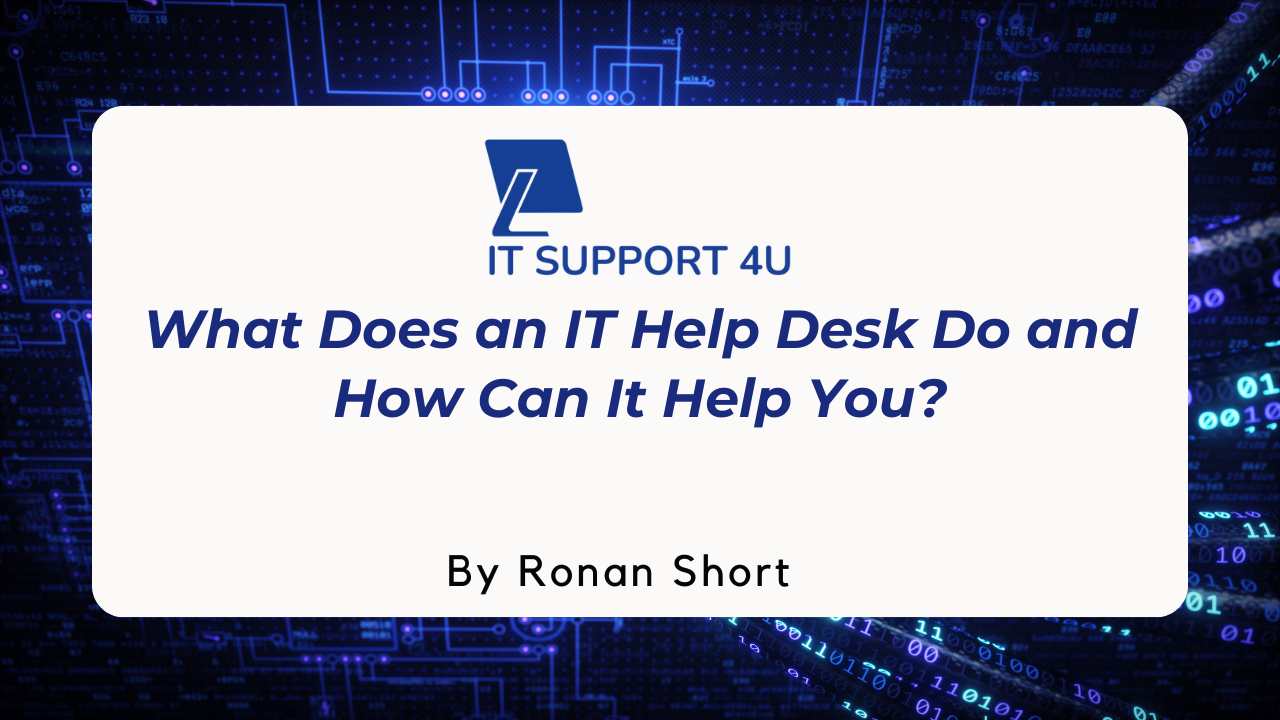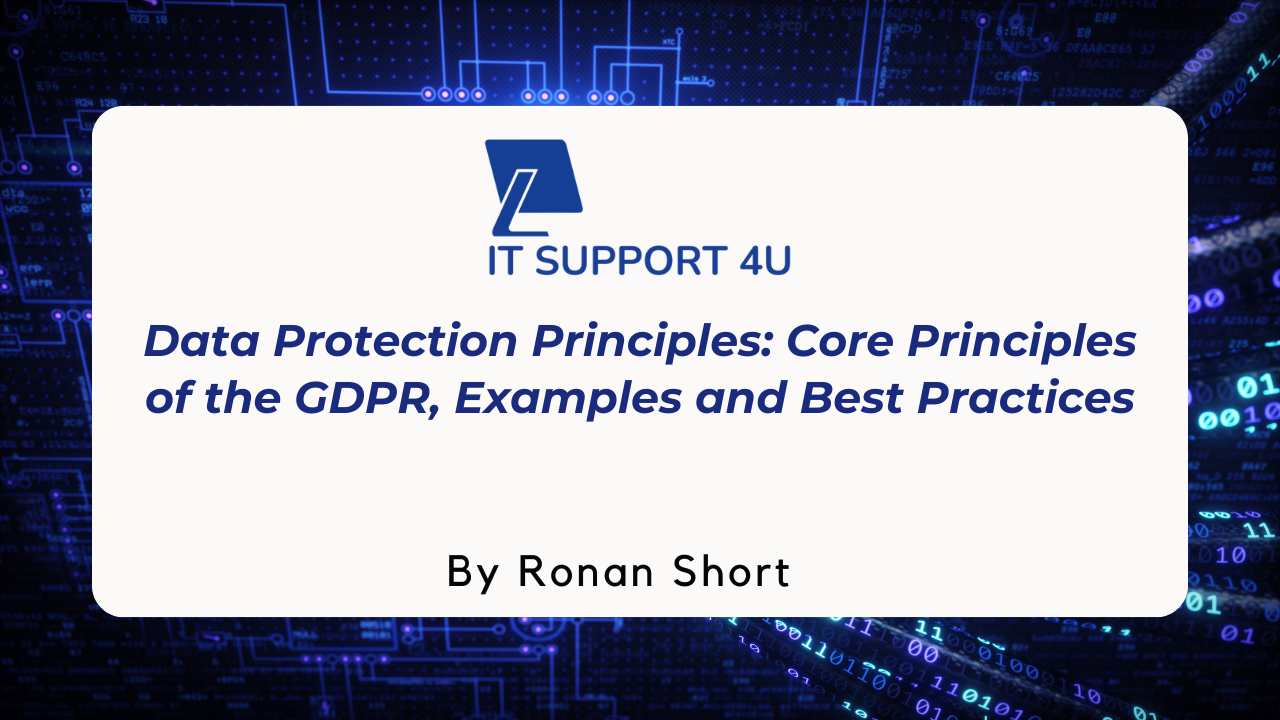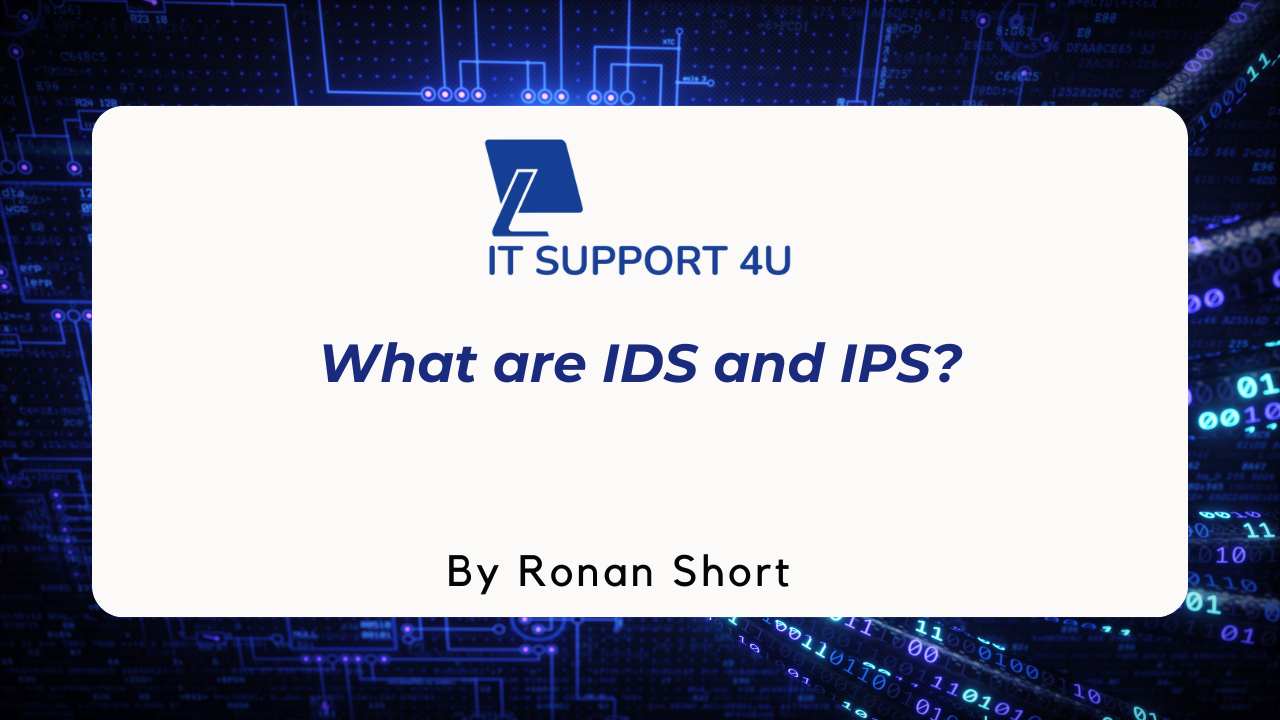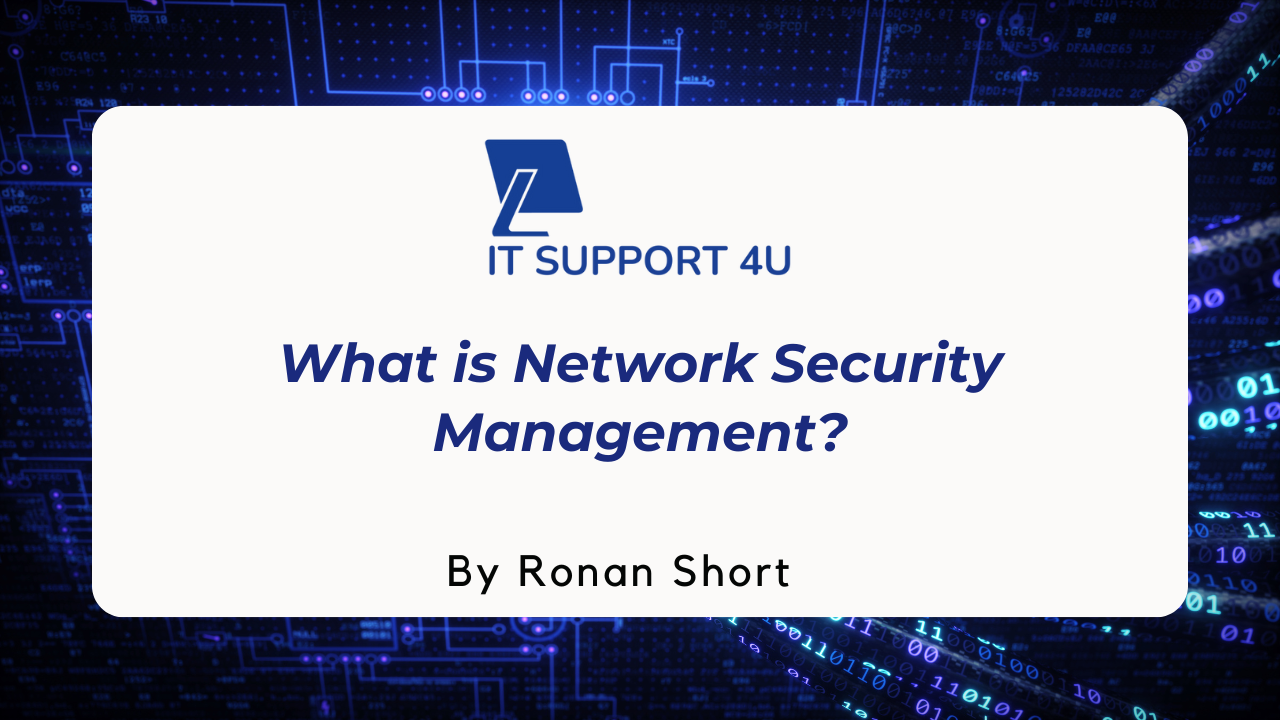Email security is more important than ever in today's digital age. With the rise of cyber threats, it's crucial to protect your email communications from unauthorised access and malicious attacks. In this blog, we will explore the three main types of email security: encryption, authentication, and anti-spam/anti-malware solutions.
So, by understanding these essential security measures, you can protect your sensitive information and maintain your privacy.
Whether you're a business owner or an individual, knowing how to secure your emails can help prevent data breaches and ensure your communications remain safe and confidential.
Why is Email Security Crucial for Businesses and Individuals?
Email security is important for everyone. Cyber threats are on the rise, targeting both individuals and businesses. It's important to understand why email security matters and how it can protect you.
Statistics on Email Threats
Recent data from 2024 shows a big increase in email breaches and threats. In 2024, 94% of cyber attacks started with a phishing email. This surprising number highlights the need for strong email security steps.
High-profile incidents, such as the breaches at major companies, show that no one is safe from these threats. Cybercriminals are becoming more clever, making it crucial to stay alert.
Impact of Email Breaches
The consequences of email breaches can be severe. Financial losses from stolen data or demands for payment can seriously hurt businesses. The damage to a company's reputation can lead to lost customers and trust.
Legal consequences can also come up, especially if sensitive data is exposed, leading to fines and penalties. For individuals, the impact can be just as bad, including identity theft and personal financial loss.
Common Email Threats
Phishing attacks are one of the most common email threats, tricking people into revealing sensitive information. Malware spread through email attachments can infect your systems and steal data.
Spam and unwanted emails can flood your inbox, making it hard to find important messages and increasing the risk of falling for a scam. Understanding these threats is the first step to protecting yourself and your business.
What is Email Encryption and How Does It Work?
Email encryption is a key part of keeping your email safe. It makes sure that only the person you are sending the email to can read it. So, let’s explain what email encryption is and why it’s important.
Definition and Purpose of Email Encryption
Email encryption is a way to protect your email by turning its content into a secret code. This means only the person with the right key can read it.
Encrypting emails is important because it keeps your sensitive information safe from hackers and prying eyes.
How Does Email Encryption Work?
The process of encrypting an email involves turning your email's content into a coded message. This is done using two keys: a public key to encrypt the email and a private key to decrypt it.
The public key is shared with anyone who wants to send you an email, but only you have the private key to read it.
What Are the Benefits of Email Encryption?
Email encryption helps protect sensitive information from being accessed by unauthorised people. It ensures privacy and keeps your communications confidential.
By using encryption, you can be confident that your emails are safe from hackers.
What Protocols Are Used in Email Encryption?
SSL/TLS is one common protocol that encrypts the connection between your email client and server, making sure your emails are safe in transit.
PGP, or Pretty Good Privacy, is another method that uses a pair of keys to encrypt and decrypt emails. S/MIME, or Secure/Multipurpose Internet Mail Extensions, provides a way to send encrypted and digitally signed emails, adding an extra layer of security to your communications.
How Does Email Authentication Protect You?
Email authentication is a crucial part of keeping your emails safe and trustworthy. It helps verify that the emails you receive are from legitimate sources and not from attackers.
So, let’s explore what email authentication is and why it’s important.
Purpose of Email Authentication
Email authentication is a way to check if an email is really from who it says it's from.
This process is necessary to stop fake emails from tricking you into giving away sensitive information or clicking on harmful links. It helps ensure that only genuine emails reach your inbox.
What Methods Are Used for Email Authentication?
SPF (Sender Policy Framework) is a method that checks if an email comes from an authorised server. DKIM (DomainKeys Identified Mail) adds a digital signature to emails, which verifies the sender’s domain.
DMARC (Domain-based Message Authentication, Reporting, and Conformance) works with SPF and DKIM to tell email servers how to handle emails that fail these checks, providing an extra layer of security.
What Are the Benefits of Email Authentication?
Email authentication prevents email spoofing, where attackers make emails look like they come from trusted sources. It reduces phishing attacks by making it harder for attackers to get fake emails into your inbox.
By enhancing email deliverability, email authentication ensures that legitimate emails reach you without being marked as spam.
What Are Anti-Spam and Anti-Malware Solutions?
Anti-spam and anti-malware solutions are essential for keeping your email safe and clean. These tools help prevent unwanted and harmful content from reaching your inbox.
Now, let’s look at what these solutions are and how they work.
Explanation of Anti-Spam and Anti-Malware
Anti-spam solutions are tools that filter out unwanted emails, known as spam, from your inbox.
Anti-malware solutions detect and remove harmful software, called malware, that can be sent through emails. Both are important because they protect you from scams and harmful content.
How Do Anti-Spam and Anti-Malware Solutions Work?
These solutions use various techniques to keep your inbox safe. Anti-spam tools analyse emails for signs of spam and block them before they reach you.
Anti-malware tools scan email attachments and links for viruses and other harmful software, removing them before they can cause damage. By using these tools, you can keep your email environment safe and clean.
Why Are These Solutions Essential?
Anti-spam and anti-malware solutions are essential because they protect your inbox from harmful content.
They ensure a clean and safe email environment by blocking threats before they can reach you. Without these protections, you would be at higher risk of falling victim to scams and attacks.
How Can You Implement Effective Email Security?
Implementing effective email security is crucial to protect your communication and sensitive information.
Here are some best practices and tools you can use to ensure your email security is strong.
Best Practices for Email Security
Regularly updating and patching your email software is essential to protect against the latest threats. Using multi-factor authentication (MFA) adds an extra layer of security by requiring more than just a password to access your email.
Training employees on email security awareness helps them recognise and avoid potential threats. Implementing strong email security policies ensures that everyone in your organisation follows the best practices to keep emails secure.
Choosing the Right Email Security Tools
Choosing the right tools can make a big difference in your email security.
For email encryption, tools like ProtonMail and Tutanota offer strong encryption options. Popular email authentication solutions include SPF, DKIM, and DMARC, which help verify the sender's identity.
Effective anti-spam and anti-malware software, such as Norton and McAfee, can protect your inbox from harmful content. By selecting the right tools, you can significantly enhance your email security and protect against various threats.
Conclusion
Understanding the three types of email security, including encryption, authentication, and anti-spam and anti-malware solutions, is crucial for protecting your information and maintaining privacy.
Email encryption keeps your messages safe from unauthorised access, email authentication verifies the sender's identity to prevent spoofing and phishing, and anti-spam and anti-malware solutions block unwanted and harmful content. Implementing these measures helps prevent data breaches and ensures a secure email environment.
For expert assistance in setting up and maintaining strong email security, reach out to IT Support 4U. Our team will ensure your emails are protected with the latest security protocols. Contact IT Support 4U today to enhance your email security and keep your information safe from cyber threats.
Get an IT Plan Today!













